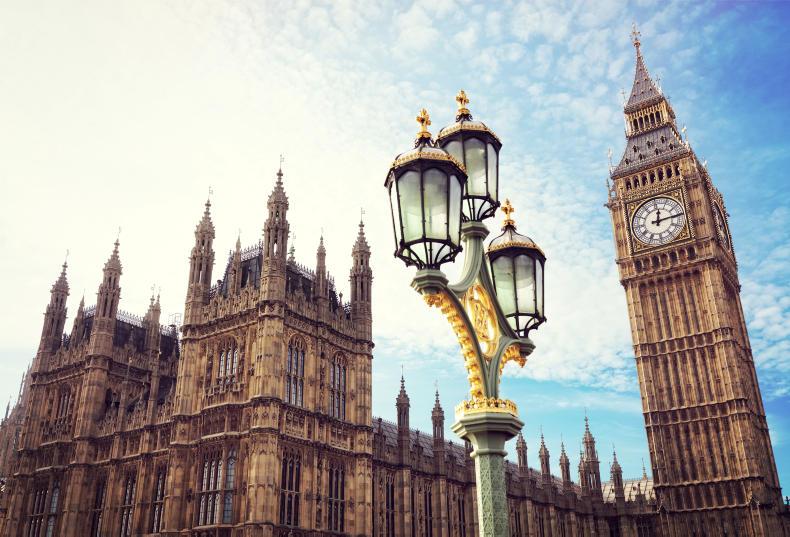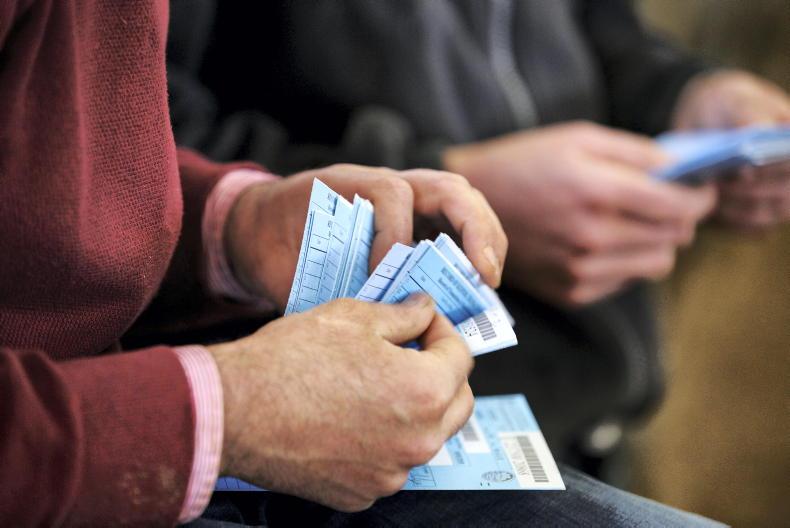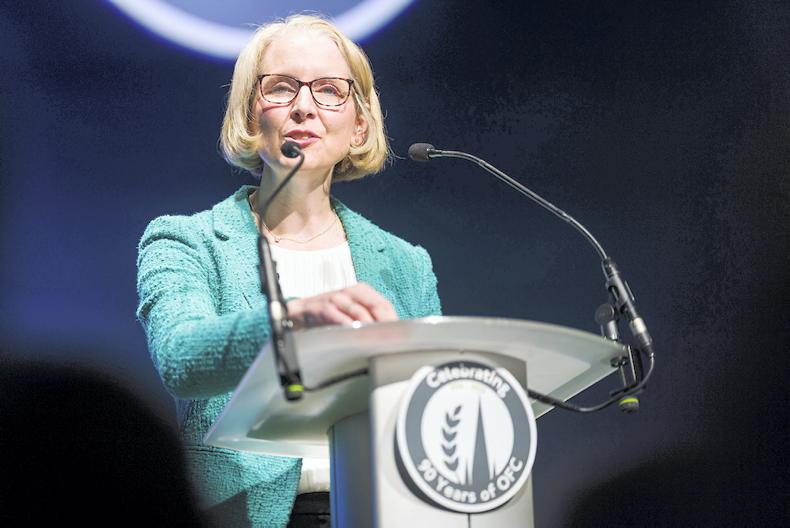Farmers in the UK cannot be expected to produce more food to increase the UK’s food self-sufficiency after Brexit unless they receive a greater proportion of profit from the supply chain, a House of Lord’s subcommittee was told last week.
At a roundtable discussion in Westminster, Professor Tim Lang from City University of London said that there was potential to produce more food in the UK, but farm profitability was the limiting factor.
“There are no price incentives for anyone to grow anymore food at all. Unless there is a transfer down the supply chain, less money going to some and more money going to primary producers, there will be no more food grown. Let’s be absolutely clear about that,” he told peers.
The House of Lords EU Energy and Environment subcommittee was hearing evidence from a range of experts from the agri-food sector ahead of an inquiry into the price and availability of food in the UK after Brexit.
At the initial meeting last Wednesday, there was a significant amount of criticism directed at the UK government over a lack of clarity surrounding post Brexit food and farming policies.
A consultation on a 25-year food and farming plan was launched by the then Defra Secretary Liz Truss in July 2015, but publication of the final plan has been delayed numerous times. “I learned yesterday confidentially that it [the 25-year plan] has been kicked into the long grass again,” Professor Lang told peers.
The consensus at the meeting was that the UK government needs to present a long-term strategy detailing how the UK’s demand for food will be met. A range of options were discussed from importing more food from third countries, to producing more at home.
Peers were told a dependence on food imports could keep prices down for consumers, but that this approach exposes food supply to instability related to weather and politics in exporting countries and along shipping routes.
“It’s time that the government recognised that food is a matter of national security. It is a government’s duty to feed the country,” said Ian Wright from the Food and Drink Federation.
Read more
Listen: farmers will not be park keepers after Brexit
Full coverage: Brexit
Farmers in the UK cannot be expected to produce more food to increase the UK’s food self-sufficiency after Brexit unless they receive a greater proportion of profit from the supply chain, a House of Lord’s subcommittee was told last week.
At a roundtable discussion in Westminster, Professor Tim Lang from City University of London said that there was potential to produce more food in the UK, but farm profitability was the limiting factor.
“There are no price incentives for anyone to grow anymore food at all. Unless there is a transfer down the supply chain, less money going to some and more money going to primary producers, there will be no more food grown. Let’s be absolutely clear about that,” he told peers.
The House of Lords EU Energy and Environment subcommittee was hearing evidence from a range of experts from the agri-food sector ahead of an inquiry into the price and availability of food in the UK after Brexit.
At the initial meeting last Wednesday, there was a significant amount of criticism directed at the UK government over a lack of clarity surrounding post Brexit food and farming policies.
A consultation on a 25-year food and farming plan was launched by the then Defra Secretary Liz Truss in July 2015, but publication of the final plan has been delayed numerous times. “I learned yesterday confidentially that it [the 25-year plan] has been kicked into the long grass again,” Professor Lang told peers.
The consensus at the meeting was that the UK government needs to present a long-term strategy detailing how the UK’s demand for food will be met. A range of options were discussed from importing more food from third countries, to producing more at home.
Peers were told a dependence on food imports could keep prices down for consumers, but that this approach exposes food supply to instability related to weather and politics in exporting countries and along shipping routes.
“It’s time that the government recognised that food is a matter of national security. It is a government’s duty to feed the country,” said Ian Wright from the Food and Drink Federation.
Read more
Listen: farmers will not be park keepers after Brexit
Full coverage: Brexit










SHARING OPTIONS